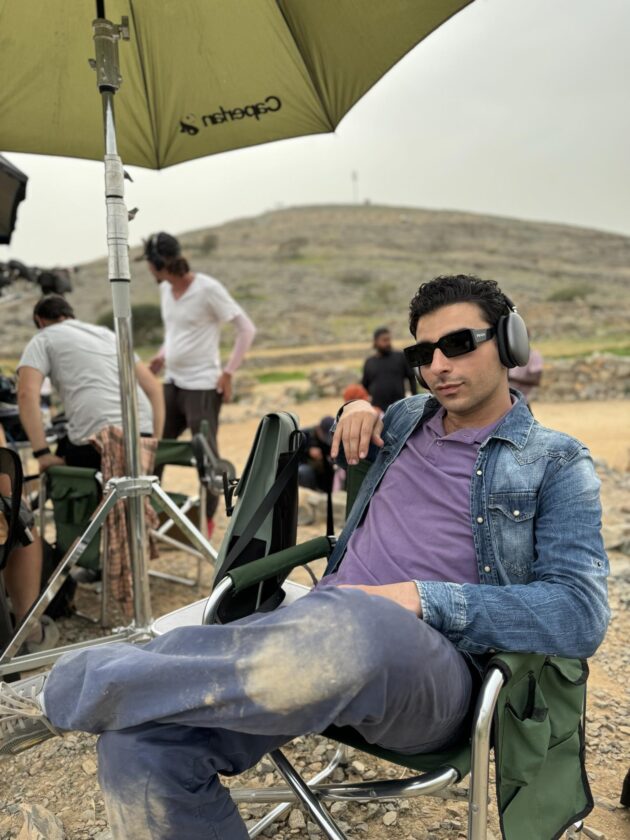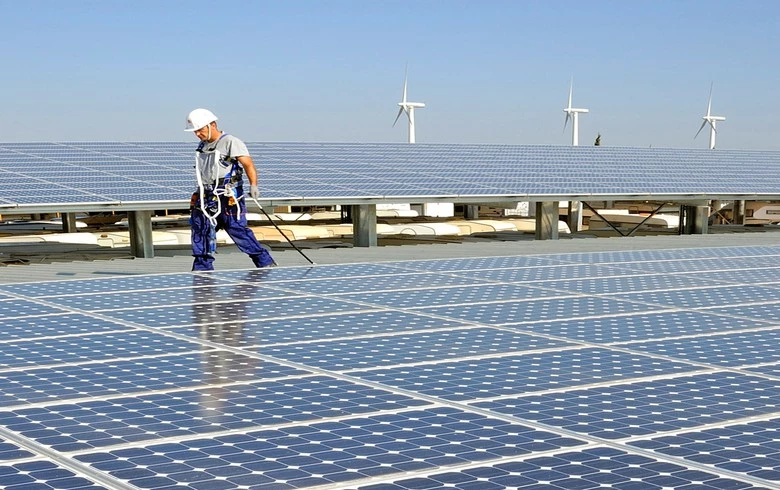any Tunisians are disillusioned with the European Union. Tunisia being the only North African nation to have embarked on the road of transition towards democracy, the EU needs to be engaged with Tunisians on top of pursuing fairer trading relations. Tunisia has reached many milestones, such as drafting a new constitution, free parliamentary elections, pluralism of political parties and political freedoms, but many other works remain in progress.
One of the most critical endeavors that the country still needs to go through is to devolve power from the highly centralized structures run by the Ben Ali family to the new constitution and democratic government. As such, the North African country is facing the important task of moving power from the national to local level. Many see decentralization as key to addressing long-standing issues in the country, such as healthcare and education. While the Tunisian government should manage public expectations by communicating about the devolution of power, it can also create space for participatory governance with civil society guarding the democratic process.
But, while decentralization requires strong political will at home, it also needs to be supported from outside. It is thus international donors such as the EU that should work to improve the ability of local grassroots organizations and networks to encourage participatory governance. Moreover, donors should continue supporting digitization of local government forms and processes, and the creation of a one-stop shop for citizens to access municipal services and communicate with officials. The EU should also keep on training and equipping local officials based on best practices from around the world.
TunisianMonitorOnline (EU Bulletin)




